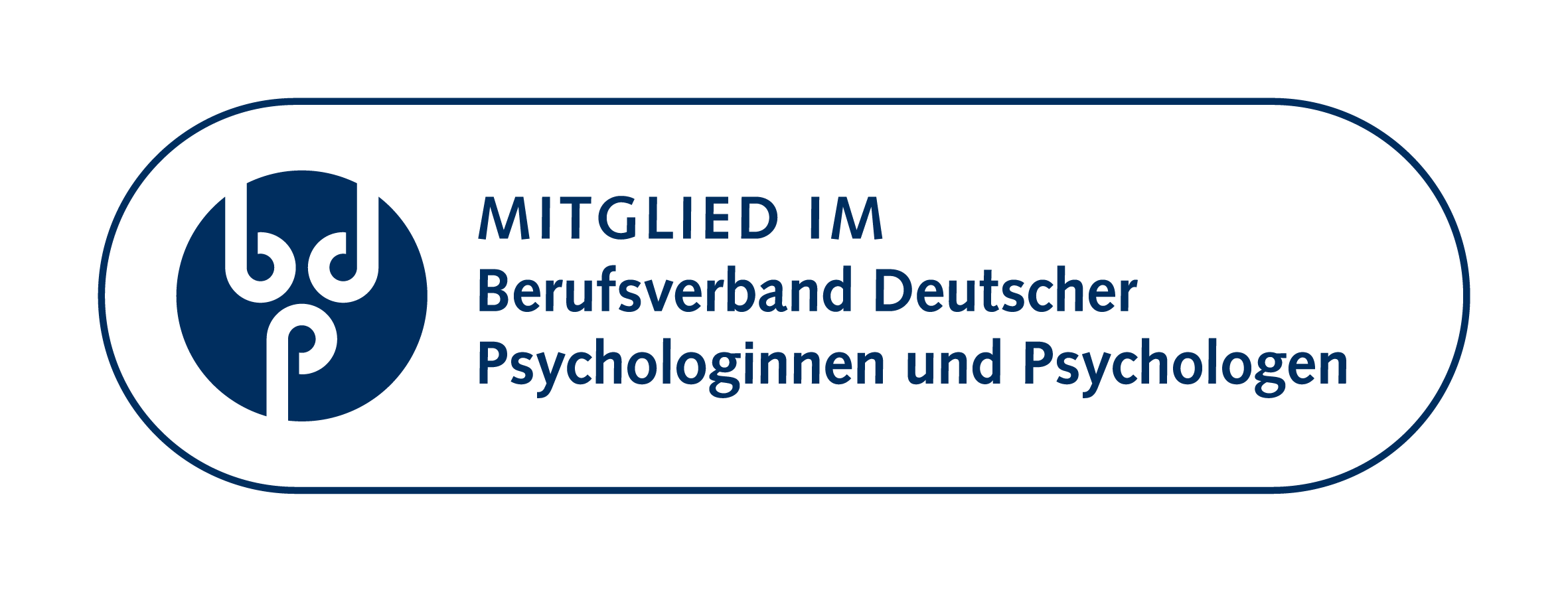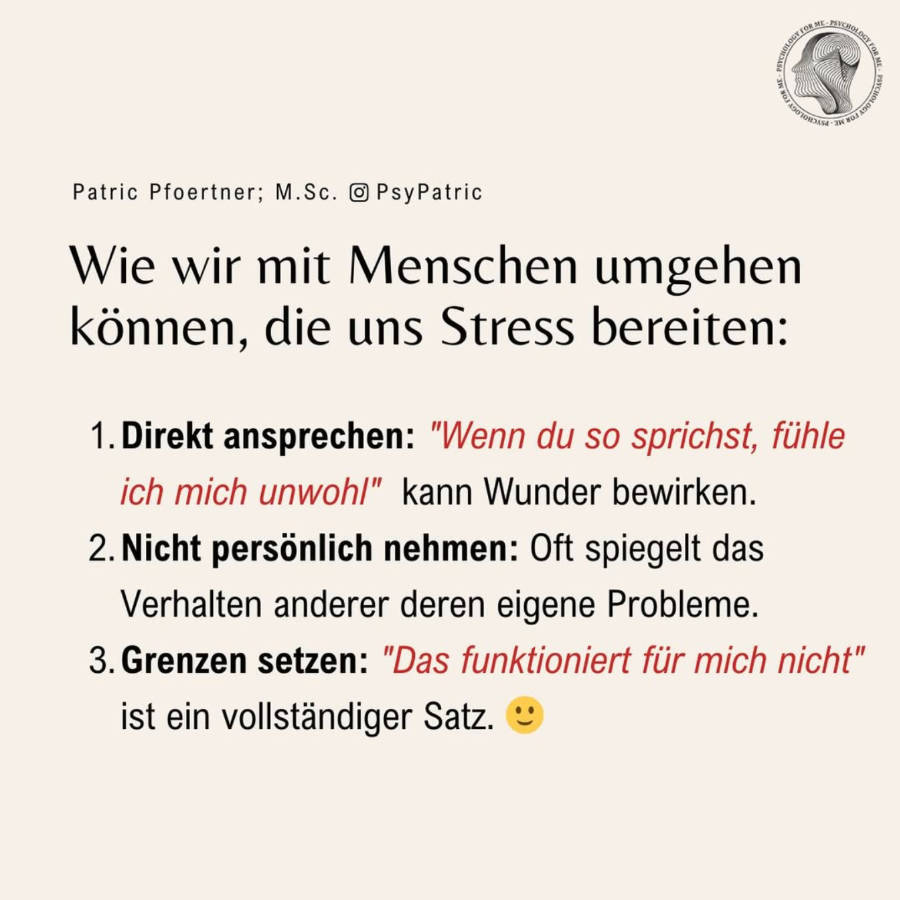Understanding Your Resilience: A Path to Greater Well-being
As a psychologist, I often see individuals grappling with the weight of daily life, unexpected challenges, and personal setbacks. It's during these times that our inner strength, often referred to as resilience, becomes incredibly important. Resilience isn't about avoiding difficulties; it's about how effectively we navigate through them, learn from them, and emerge stronger on the other side. This self-assessment is designed to offer you a confidential space for self-reflection on your personal resilience.
You might be wondering about several aspects of resilience and how it impacts your life. Let's explore some common questions:
- What exactly is resilience?
- Can resilience be learned or improved?
- How does stress impact resilience?
- When should I seek professional help for my resilience?
At its core, resilience is the process of adapting well in the face of adversity, trauma, tragedy, threats, or significant sources of stress. It means 'bouncing back' from difficult experiences. It's not a trait that people either have or don't have; rather, it involves behaviors, thoughts, and actions that can be learned and developed in anyone.
Absolutely. Resilience is not a fixed quality. It's a dynamic process that can be cultivated and strengthened over time through various strategies. These include developing strong relationships, fostering a positive self-view, managing emotions effectively, and building problem-solving skills. Every challenge you overcome can potentially build your resilience muscle.
Stress and resilience are intricately linked. While chronic or overwhelming stress can deplete our resources and make us feel less resilient, acute stress, when managed effectively, can actually be an opportunity to practice and build our coping mechanisms. High resilience allows you to tolerate and recover from stress more effectively, preventing it from leading to burnout or other mental health issues.
It's important to remember that everyone faces moments where their resilience feels tested. However, if you consistently find yourself overwhelmed, unable to cope with daily stressors, experiencing prolonged sadness or anxiety, or if your difficulties are significantly impacting your relationships or daily functioning, seeking professional support is a courageous and wise step. A therapist can provide personalized strategies and support to help you build stronger resilience.
This Resilience Self-Assessment is a first step in understanding your current strengths and identifying areas where you might benefit from focused attention. It offers valuable insights into your coping style when faced with adversity. Remember, self-awareness is the cornerstone of personal growth.
This test specifically aims to:
- Assess your current capacity to cope with adversity and stressful situations.
- Highlight areas where you might already demonstrate strong adaptive skills.
- Identify potential areas for personal growth and where seeking additional support could be beneficial.
Taking this test is an act of self-care. Be honest with your responses, and approach your results with curiosity and compassion. No matter your score, it's a starting point for a journey towards greater emotional strength and well-being. If your results indicate a need for support, please consider reaching out to a mental health professional who can offer tailored guidance.
























